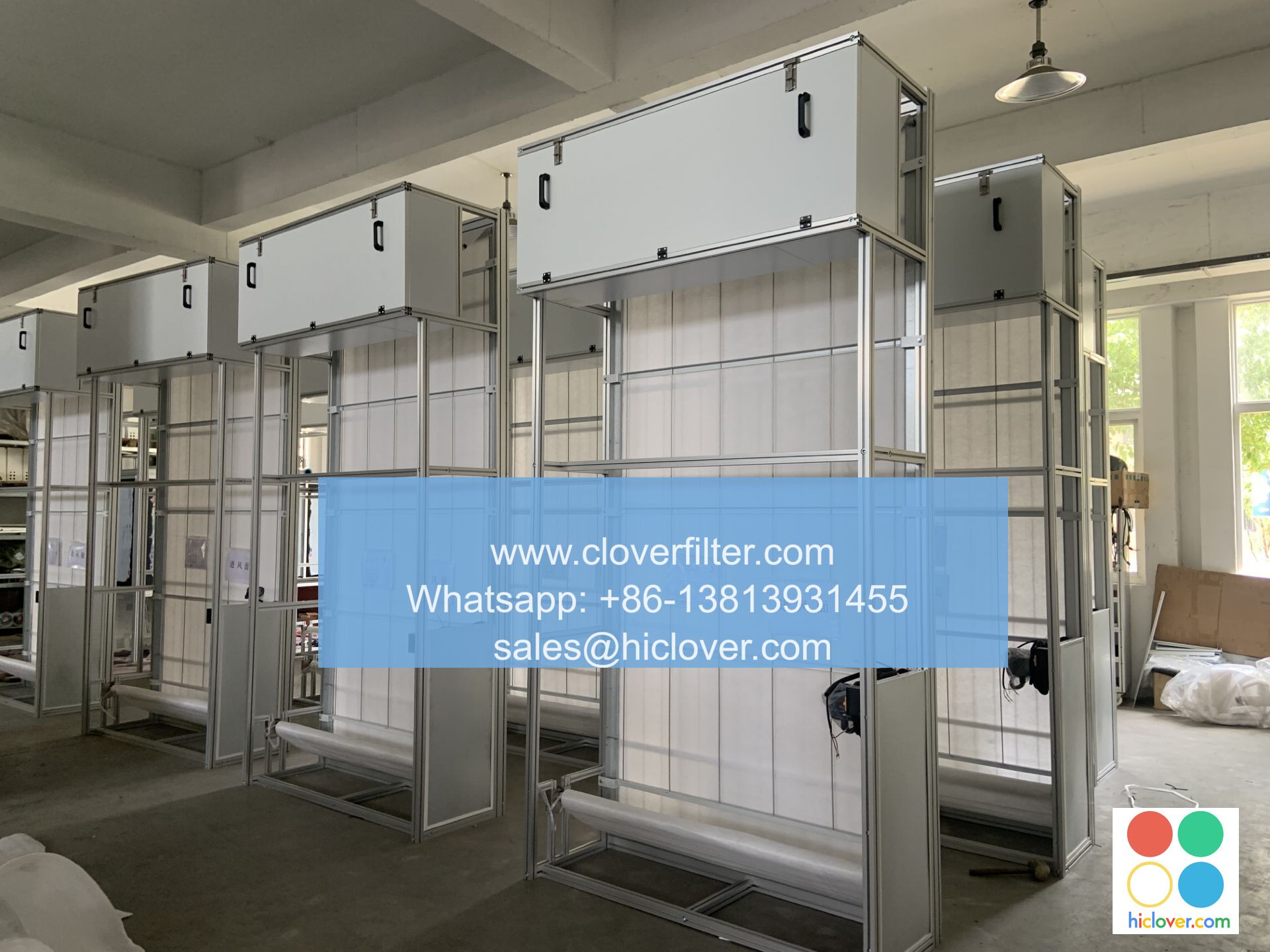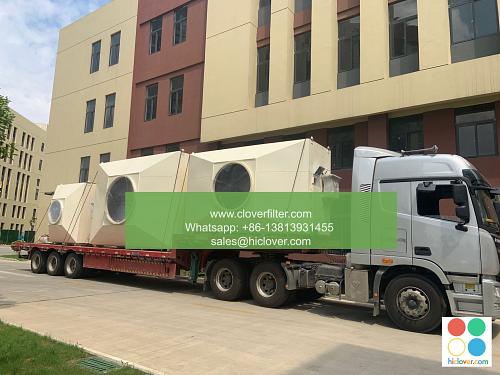Air Filter Maintenance: How to Save Money on Your Energy Bills

Proper air filter maintenance is crucial for indoor air quality, heating, ventilation, and air conditioning (HVAC) system efficiency, and reducing energy consumption. By regularly cleaning or replacing your air filters, you can lower your energy bills, extend the lifespan of your HVAC system, and improve the overall comfort and health of your home or business.
Why Air Filter Maintenance is Important
Air filters play a critical role in removing contaminants and pollutants from the air, such as dust, pollen, and pet dander. When air filters become clogged or dirty, they can restrict airflow, causing your HVAC system to work harder and increase energy consumption. This can lead to higher energy bills, reduced system performance, and premature wear and tear on your equipment. Regular air filter maintenance can help mitigate these issues and ensure your HVAC system operates at peak efficiency.
Types of Air Filters and Their Applications
There are several types of air filters available, each with its own unique characteristics and application areas. Some common types of air filters include:
Fiberglass filters, which are inexpensive and easy to install, but may not provide the same level of air quality and filtration as other types of filters.
Pleated filters, which offer improved filtration and air quality, but may be more expensive and require more frequent replacement.
HEPA (High Efficiency Particulate Air) filters, which are designed to capture 99.97% of particles as small as 0.3 microns, making them ideal for applications where high-level air quality is required, such as in hospitals, laboratories, and clean rooms.
Activated carbon filters, which are designed to remove odors and gases from the air, making them ideal for applications where air quality and odor control are a priority, such as in kitchens, bathrooms, and pet areas.
Best Practices for Air Filter Maintenance
To get the most out of your air filters and save money on your energy bills, follow these best practices for air filter maintenance:
Check and replace your air filters regularly, typically every 1-3 months, depending on the type of filter and usage patterns.
Clean your air filters according to the manufacturer’s instructions, if applicable.
Use a filter gauge to measure the pressure drop across the filter and determine when it needs to be replaced.
Consider upgrading to a higher-efficiency filter if you have allergies or respiratory issues, or if you live in an area with high levels of air pollution.
Benefits of Proper Air Filter Maintenance
Proper air filter maintenance can have a significant impact on your energy bills, indoor air quality, and overall comfort and health. Some of the benefits of proper air filter maintenance include:
Lower energy bills due to reduced energy consumption and improved HVAC system efficiency.
Improved indoor air quality due to reduced levels of contaminants and pollutants in the air.
Extended lifespan of your HVAC system due to reduced wear and tear on your equipment.
Improved overall comfort and health due to reduced levels of allergens and irritants in the air.
By following these best practices for air filter maintenance and understanding the importance of air filter maintenance, you can save money on your energy bills, improve the indoor air quality of your home or business, and extend the lifespan of your HVAC system. Whether you’re looking to reduce your energy consumption, improve your indoor air quality, or simply save money on your energy bills, proper air filter maintenance is an essential step in achieving your goals. You haven’t asked a question or provided any context. Please go ahead and ask your question, and I’ll do my best to provide a helpful and direct response. What’s on your mind?

